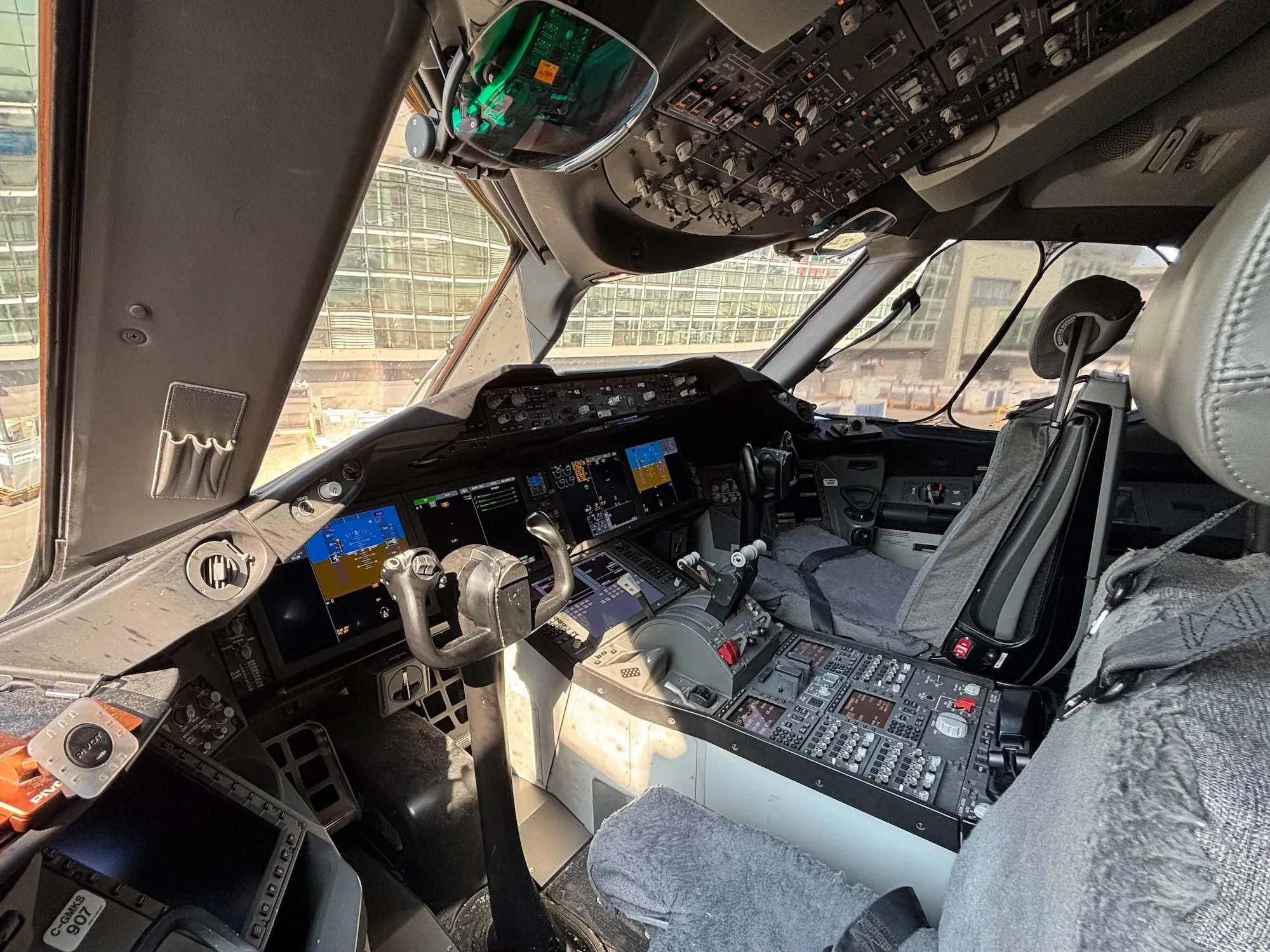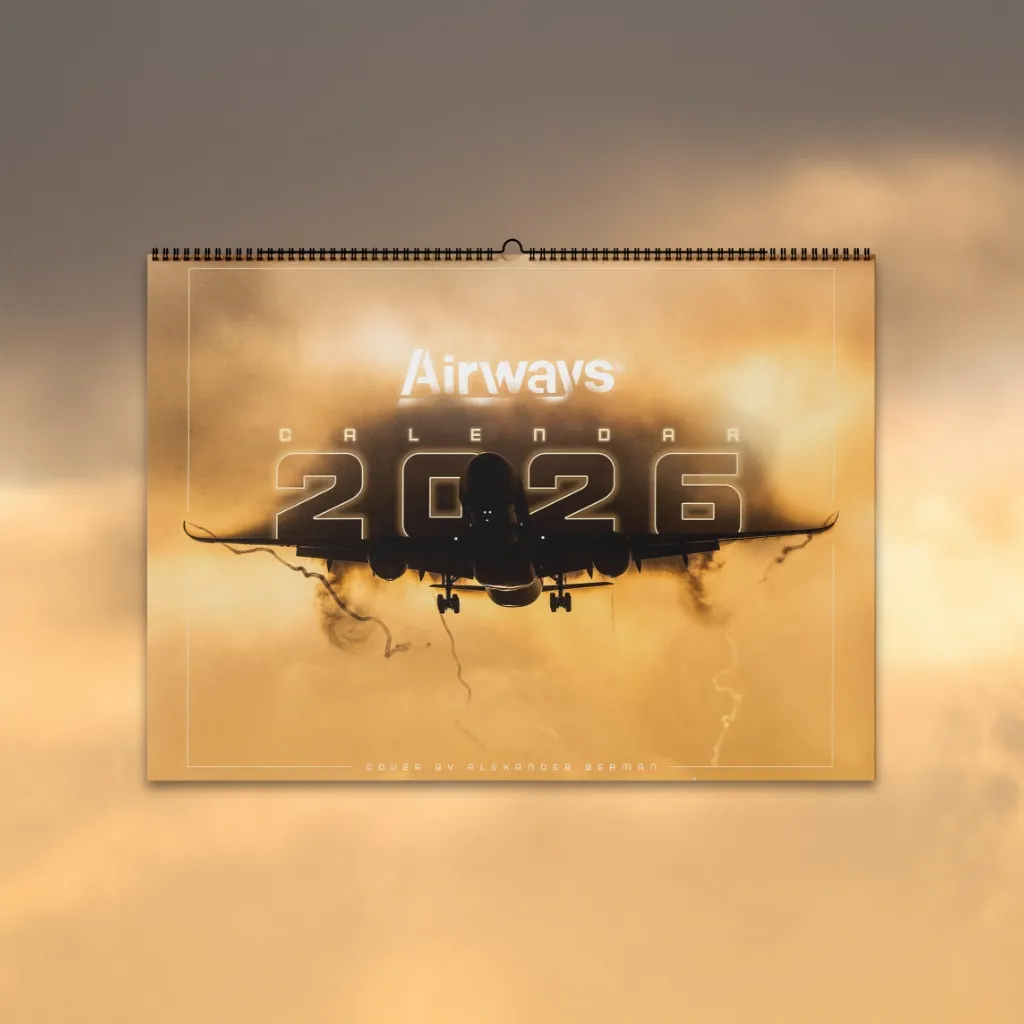CASCAIS – Boeing announced at the European Aviation Training Summit in Cascais, Portugal, that it will launch a new virtual pilot training platform powered by Microsoft Azure and Microsoft Flight Simulator.
The Virtual Airplane Procedures Trainer (VAPT) is a new tool that Boeing says equips flight training teams with realistic flight deck practice through high-fidelity 3D simulations of Boeing aircraft. The training can be conducted on a laptop or tablet from anywhere, at any time, and allows pilots to learn standardized flows and prep checklists, reduce flight-deck familiarization time, and improve readiness before advancing to physical simulators.
According to the American planemaker, VAPT will allow pilots to gain greater flight-deck familiarity before entering the physical sim, reducing the time needed in physical simulators and, in turn, reducing training costs and simulator scheduling challenges. It also allows this type of training to be standardized and customized to operators’ procedures, eliminating potential differences in instruction and ensuring that all pilots enter the sim on the same page.
"We're very excited about the launch of Virtual Airplane. This new software will significantly impact how and when pilots and operators train and will provide them with much-needed flexibility," said Chief Executive Officer of Boeing Global Services, Chris Raymond. "This new platform reflects Boeing's commitment to digital innovation as we seek to leverage the latest technologies to improve our offerings and outcomes for our customers."
Microsoft's Corporate Vice President, Manufacturing and Mobility, Dayan Rodriguez, also stated, "Microsoft is committed to accelerating learning while optimizing confidence for pilots with safety at the core. Partnering with Boeing, we are advancing the future of flight by empowering the people at the heart of it."
At this time, VAPT is enabled for the 737 MAX on computers and tablets, with more aircraft coming soon, with the 737 Next Generation likely next.
AvGeeks Rejoice
As we at Airways know, Microsoft Flight Simulator is highly regarded among fans and avgeeks for its innovative history, realism, technical achievements, and ability to bring the passion for aviation to both casual users and hardcore flight enthusiasts. Its unique appeal stems from decades of continuous evolution, a rich community with jaw-dropping flight deck setups, and immersive features that make it a global aviation experience.
The commercial SIM software dates back to the early 1980s, becoming one of the first commercial products to bring virtual 3D environments to home computers. The earliest versions helped demonstrate the power of emerging PC technology and set standards for software compatibility.
Over time, it evolved to include more sophisticated flight models, worldwide scenery, real-time weather, and air traffic systems—factors that have kept it relevant for over four decades.
- The simulator lets users fly a diverse range of aircraft that most people would never have access to in real life.
- It's continually updated, and Earth-scale scenery offers endless opportunities for exploration and virtual travel.
- For many pilots and would-be pilots, Microsoft Flight Simulator provides a training ground to understand real-world procedures and practice navigation, making it a serious tool for learning and inspiration.
- The realism is enhanced by authentic physics, highly detailed aircraft, and, in recent years, live weather and global terrain powered by satellite data and AI.
- The community aspect is strong; forums, mods, and virtual airlines have created a sense of belonging and collaboration for aviation enthusiasts worldwide.




